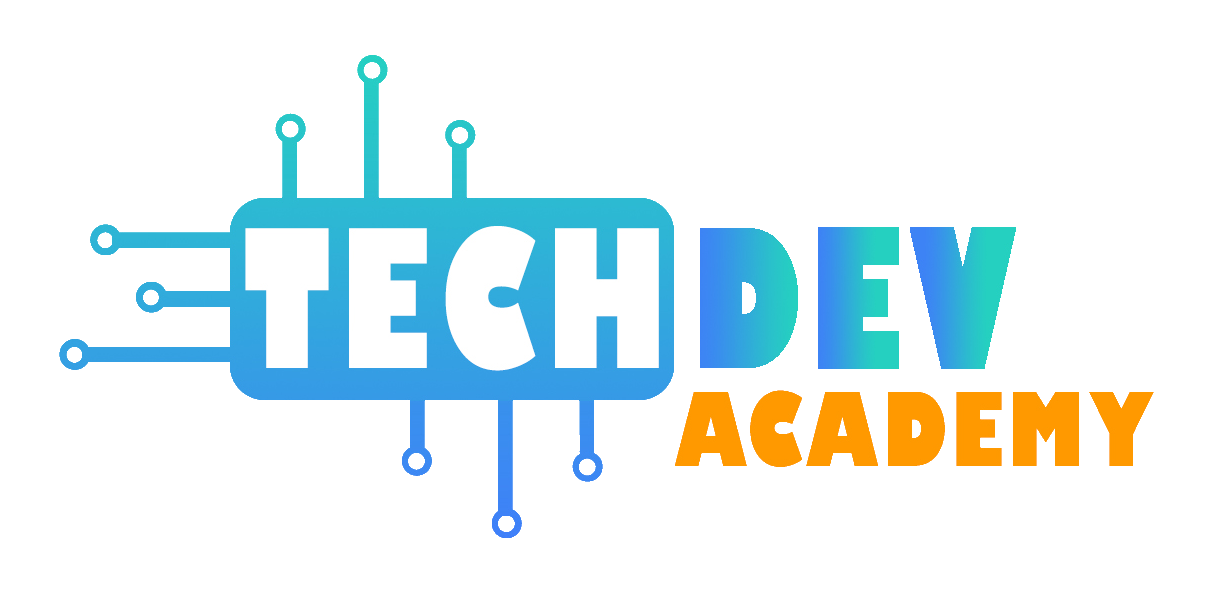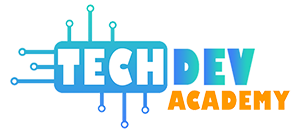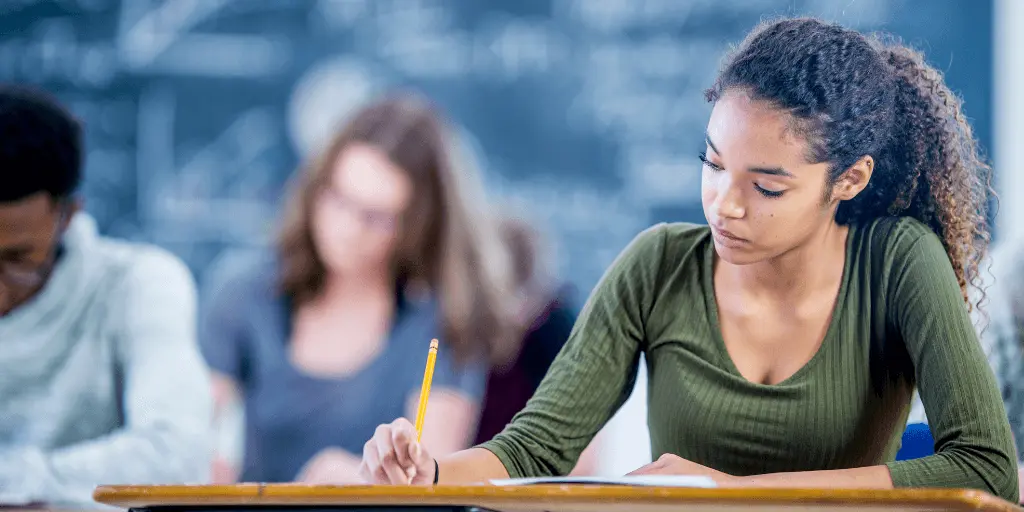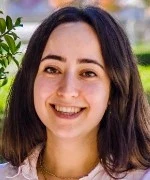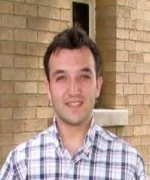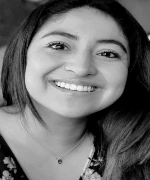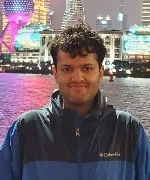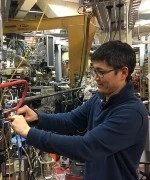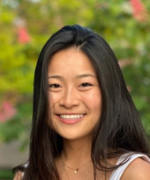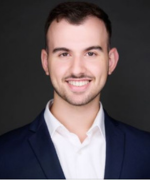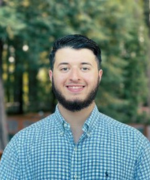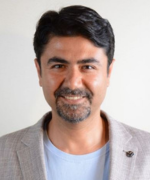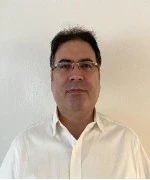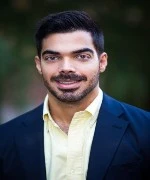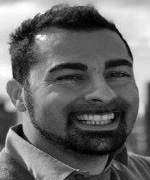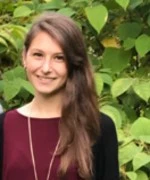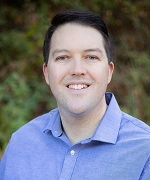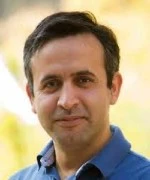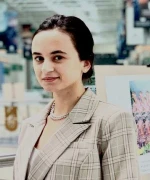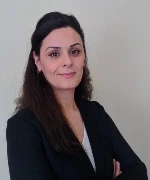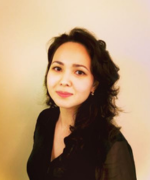AP vs. IB Classes: A Detailed Comparison
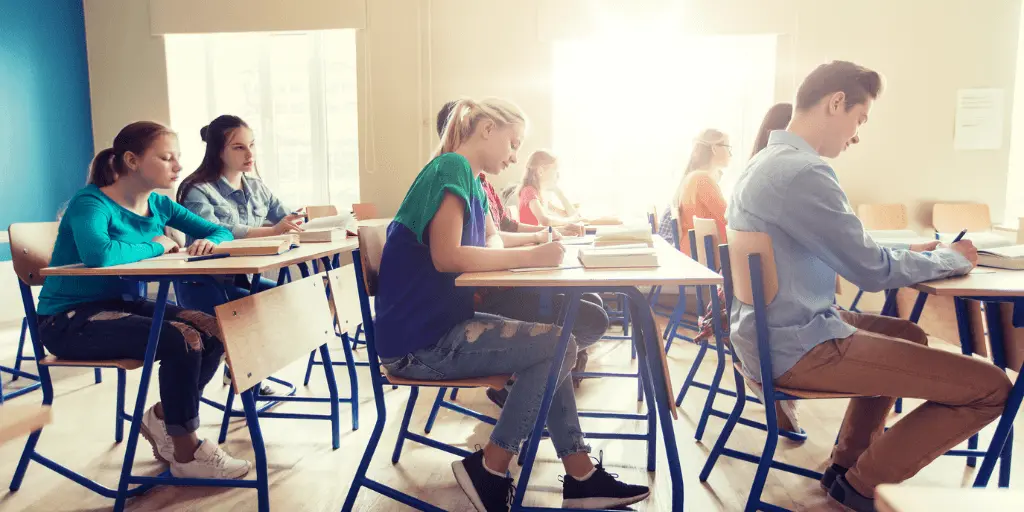
AP (advanced placement) and IB (international baccalaureate) are two programs that prepare high school students for college-level coursework. Students can go for either one of these programs. As a high school student, it might be confusing whether to choose AP or IB. Which one is better for you? Which program is more rewarding? Whether AP or IB will help you earn college credits? To help you make an informed decision, we’ll make a detailed AP vs. IB comparison. Let’s get started!
The difference in Focuses
AP focuses on a broader range of subjects, covering more topics for each subject over the course. AP courses do not have any additional requirements and focus on teaching individual subjects with specific content goals.
The IB program covers subjects in greater depth, with fewer topics covered per subject. IB classes foster critical thinking skills and make students understand the process of knowledge.
AP Courses Are More Common In the US than IB
AP classes originated in the US and are more prevalent in America, and many high school students take these classes. Even if your school doesn’t offer AP classes in all subjects, you can still pursue the several available AP courses. 34.6% of the US public high school graduates took the AP exam in 2022.
The IB program originated in Switzerland. It is an international diploma more suited for individuals with a global perspective. Though many American high schoolers pursue the IB program, it’s less widespread in the US compared to AP. As of 2023, 7,900 programs have been offered worldwide, and American programs make up less than half of them.
Although the popularity and acceptance of the IB program are increasing in the US, It is more widely accepted in other regions like Europe.
AP vs. IB: Costs
AP courses and AP exams cost less than IB. The AP exam fee in the US is $96 as of 2023. You might get a reduction or waiver if you qualify for financial aid or any other support program available.
IB program costs a $119 assessment fee for the diploma program. In addition, the core requirements of the IB diploma, such as TOK, EE, and CAS also have fees that total around $145.
The difference between AP and IB Exams
AP exams don’t require you to enroll in the AP course. Even if you haven’t taken a particular AP class, you can still take the exam and earn college criteria if you meet the requirements.
AP exams are multiple choice based and are taken at the end of the year after a year-long course work. AP exams are evaluated by US examiners and organizations.
On the other hand, you can only take the IB exam if you have enrolled and completed the course framework along with all core requirements. IB exams are based on essay-style answers for the subject exams.
Other classes are tested through oral presentations, extended essay writing, group work, etc. IB exams are assessed internally by your school teacher or externally by a team of global examiners.
AP vs. IB: Flexibility
AP allows you to choose the subject that you love. These programs do not have a holistic approach, and the students can focus on the classes in which they excel. AP classes are not part of a cohesive program. It is a do-it-yourself option.
Though IB allows you to take IB courses individually, you must take the comprehensive two-year program to earn a diploma. Students must study all subjects included, and complete three additional requirements. You don’t have options here.
College Credits
The college credits you can earn through AP depend upon college policies, exam subjects, and exam results. AP exams are scored on a scale of 1 to 5. Most colleges award credits for a score of 4 or 5.
The rate of qualifying for college credits is slightly higher for AP students than for IB students. Most colleges award a half credit for a 4 and a full credit for a 5 in AP exams. But some schools simply award a placement or acceleration instead of credits. You can check the credit policies using the college board’s official tools.
The credits earned through IB programs also vary depending on the college. While some colleges award credits only for completing a diploma, others give credits based on individual exams. Some colleges provide credits for the diploma, while others offer credits for respective exams. While some schools provide credits just for HL, some of them give credits for both SL and HL.
Some competitive private schools offer placement rather than credits, which means you can skip the general introductory classes and jump to the advanced-level classes in college.
State schools generally provide generous credits to high schoolers, but top-tier schools have stricter policies.
Some colleges, however, do not grant credits; instead, they allow students to skip introductory classes and graduate earlier. You should always check the credit awarding policy of the college to which you wish to get admission beforehand.

Curriculum
AP students choose from 38 AP courses throughout their high school journey and take an AP exam for each course that helps them transition smoothly toward being college students. These classes cover a lot of course content but usually don’t delve into the depth of the concepts. The course content is more specific and textbook-based. AP courses are individual and purely curricular.
In contrast, IB diploma includes six subject classes and three additional requirements: a Theory of knowledge (TOK) class, a Creativity activity service (CAS) project, and an Extended essay (EE).
IB courses focus on deep learning, critical thinking, and writing skills. These skills prove highly valuable for students in their college careers. The students learn a second language and adopt a global mindset.
The IB program has an integrated and disciplinary structure. It is ideal for students who want to work and study abroad at universities like Oxford. IB classes are not taught solely. Instead, the whole IB curriculum is interdisciplinary and interconnected.
College Preparedness
AP classes can help you acquire more knowledge and understanding of your major subjects, which can help you prepare for your intended career course.
IB doesn’t only center on academic development but also focuses on personal development and character building. IB students report that they have developed time management and productivity skills that help them flourish in their professions. As IB courses are more similar to university classes, IB offers a more seamless transition to college.
AP vs. IB for College Admissions
Both AP and IB courses demonstrate to admission officers that you have studied rigorously in your high school career. Colleges don’t state any preference for AP or IB, but it has been observed that schools award AP students more in terms of credits. Take whatever program is available at your school. Focus on taking more rigorous classes.
As IB is a rigorous diploma program, taking an IB diploma will show the college that you have challenged yourself in all curriculum subjects, not just those in which you are strong.
But if your schedule is jam-packed with many other activities, or our school doesn’t offer IB, taking many AP classes in rigorous subjects will do the job for you.
Conclusion
In conclusion, both AP and IB programs offer high school students the opportunity to engage in challenging coursework and prepare for college-level studies. AP courses focus on breadth and allow students to select specific subjects they excel in.
These courses are more common in the United States and offer flexibility regarding course selection. Students have the potential to earn college credits based on exam results and individual college policies.
On the other hand, the IB program offers a comprehensive two-year curriculum focusing on depth of knowledge and critical thinking skills. The holistic program includes six subject classes and three additional requirements. By undertaking the IB program, students gain a cohesive educational experience with a global perspective. The IB curriculum fosters the development of valuable skills that are highly regarded in college and beyond.
Now that you’ve read the AP vs. IB comparison, it’s time to consider your own interests, goals, and college preferences when deciding between AP and IB. AP may be suitable if you prefer more flexibility in course selection, while IB offers a cohesive program with a global perspective.
Ultimately, taking rigorous coursework and challenging yourself academically, whether through AP or IB will benefit your college preparedness and admissions prospects.
